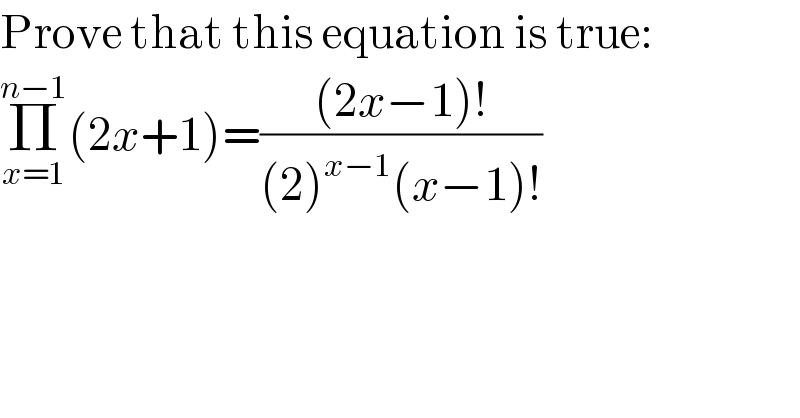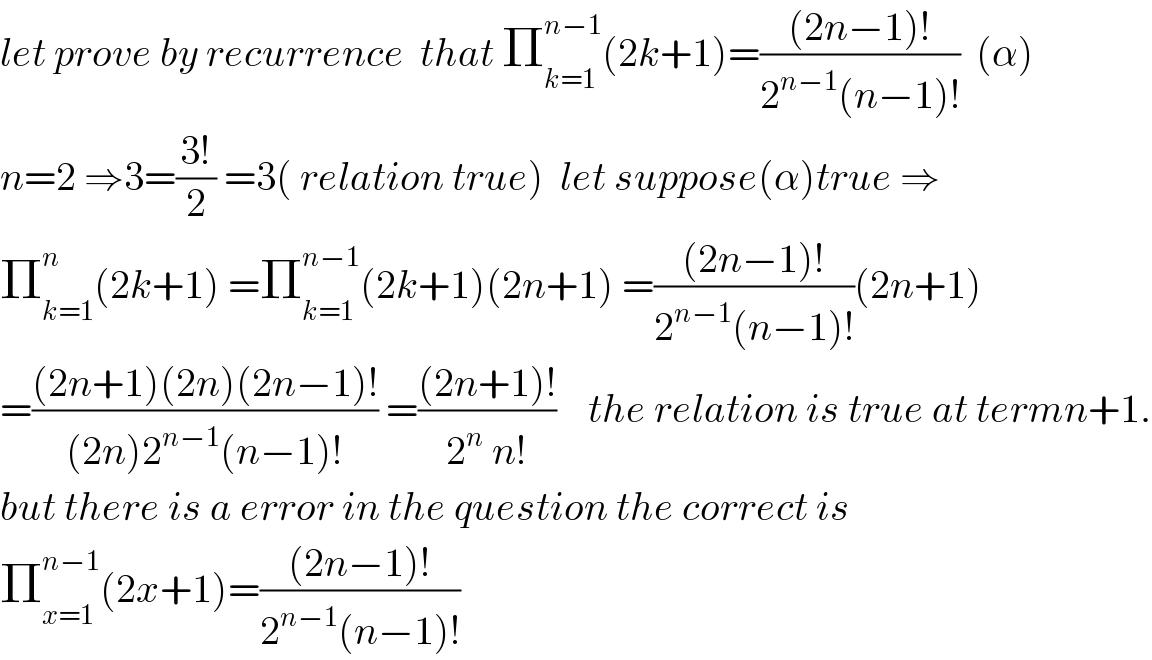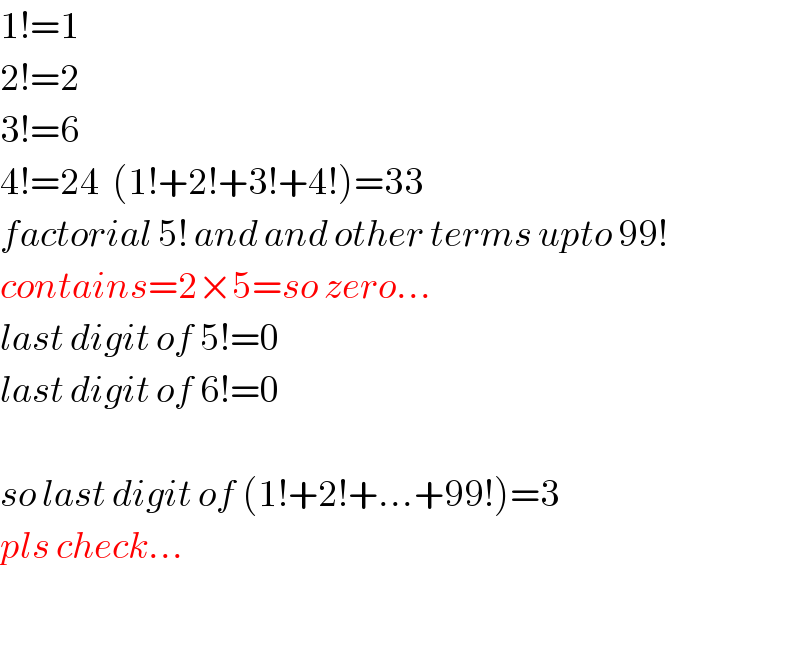
Question and Answers Forum
Question Number 72965 by Raxreedoroid last updated on 05/Nov/19

Commented by mathmax by abdo last updated on 05/Nov/19

Answered by mind is power last updated on 05/Nov/19

Commented by Raxreedoroid last updated on 05/Nov/19

Commented by ajfour last updated on 05/Nov/19

Commented by Henri Boucatchou last updated on 05/Nov/19

Commented by Tanmay chaudhury last updated on 05/Nov/19

Commented by Raxreedoroid last updated on 05/Nov/19

